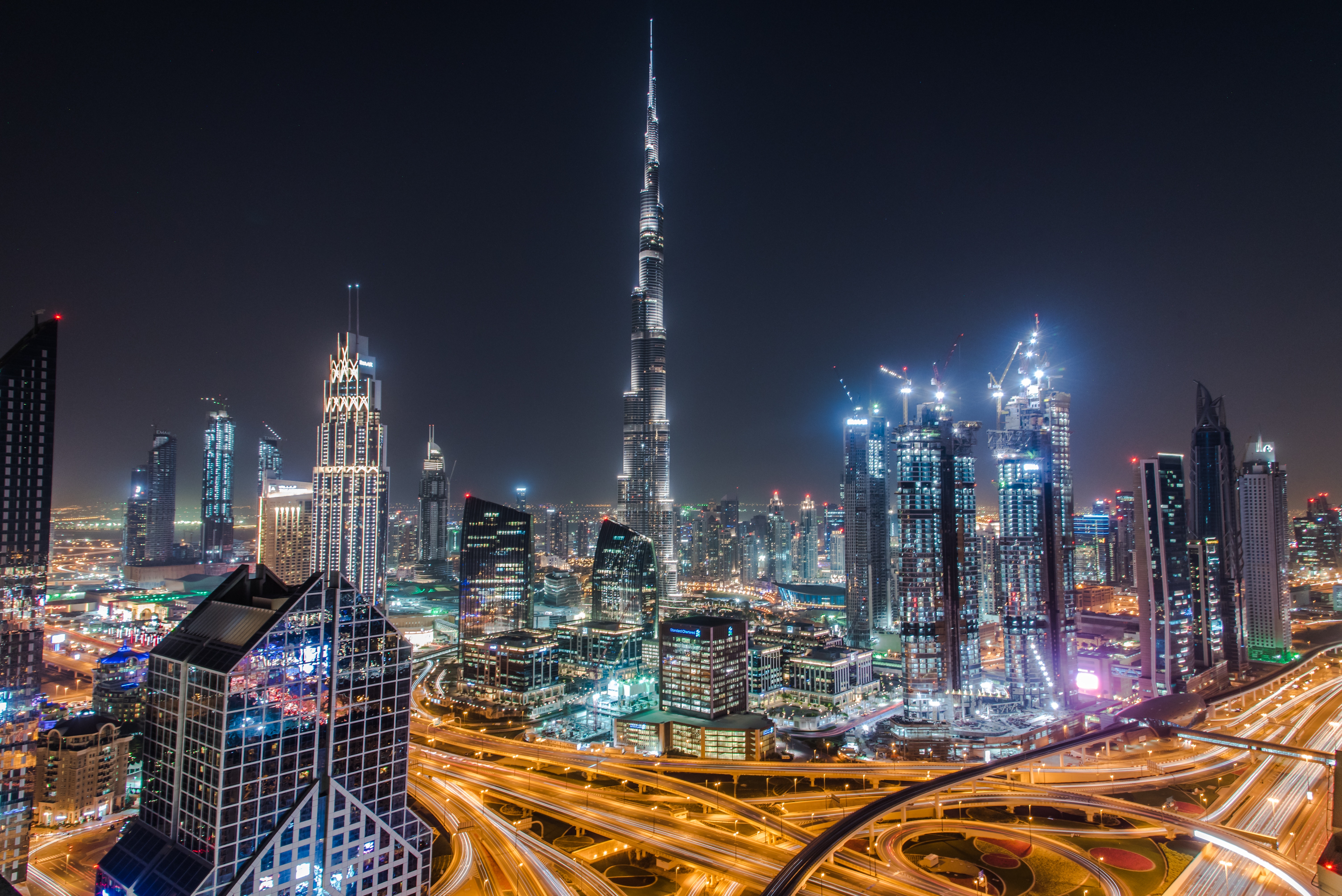
Dubai’s luxury real estate market is witnessing a significant surge in property sales, driven by a growing demand that currently outstrips available listings. In the first half of the year, the emirate saw a remarkable increase in transactions for high-end properties, underscoring the resilience of its real estate sector amidst global economic uncertainties.
Recent reports highlight that Dubai has become a magnet for affluent buyers, particularly from regions such as Europe and Asia, who are drawn to the city’s favorable tax environment and luxurious lifestyle offerings. Data reveals that sales for luxury properties, defined as those priced above AED 10 million (approximately USD 2.7 million), have surged by 68% year-on-year. This uptick signals a strong recovery in the market following the disruptions caused by the COVID-19 pandemic.
According to industry experts, the demand for upscale residences has been further fueled by the influx of expatriates and wealthy investors seeking second homes or investment opportunities. The ongoing geopolitical tensions in other parts of the world, including the challenges posed by high inflation rates and fluctuating currencies, have prompted many to consider Dubai as a stable and secure alternative. Additionally, the UAE’s efforts to enhance its global standing as a business and tourism hub have bolstered investor confidence.
As the demand for luxury properties rises, the supply has not kept pace. A report from a leading real estate consultancy indicates that listings for high-end homes have decreased significantly, resulting in a competitive market environment. Sellers are now benefiting from favorable conditions, with properties often receiving multiple offers and selling above their asking prices. This trend has been particularly pronounced in prime areas such as Palm Jumeirah, Downtown Dubai, and Dubai Marina, where exclusive villas and penthouses are highly sought after.
The scarcity of listings is attributed to various factors, including construction delays, increased material costs, and a shift in focus among developers toward high-quality projects that cater to discerning buyers. Many developers are prioritizing luxury amenities and bespoke designs to attract buyers, which has contributed to longer lead times for new projects coming to market. As a result, potential buyers face challenges in finding suitable properties, leading to a sense of urgency among those looking to invest in the market.
The rise of remote work has altered buyer preferences, with many seeking larger homes that can accommodate home offices and leisure spaces. This shift has spurred interest in suburban developments and off-plan properties that offer more space and privacy. Developers are responding by launching new projects that feature spacious layouts, gardens, and family-friendly amenities, which appeal to the changing demands of buyers.
The high-net-worth individuals (HNWIs) flocking to Dubai are not only interested in purchasing properties but are also keen on acquiring luxury brands and services that enhance their lifestyle. This has led to a surge in luxury retail and hospitality sectors, as the city aims to position itself as a global destination for the elite. The luxury market, therefore, is not solely defined by real estate; it encompasses a broader ecosystem of high-end services that cater to affluent clients.
Regulatory measures in Dubai have also played a crucial role in stimulating the luxury property market. The government has introduced various incentives, including long-term residency visas for investors and retirees, making it more appealing for wealthy individuals to settle in the emirate. These initiatives aim to create a more stable and attractive environment for investors, further driving demand in the real estate sector.
However, experts caution that while the current market conditions are favorable, potential buyers should approach investments with due diligence. The rapid increase in prices, coupled with the declining number of available properties, could lead to an overheated market. Financial experts recommend that buyers assess their long-term investment goals and consider the potential for market corrections in the future.




